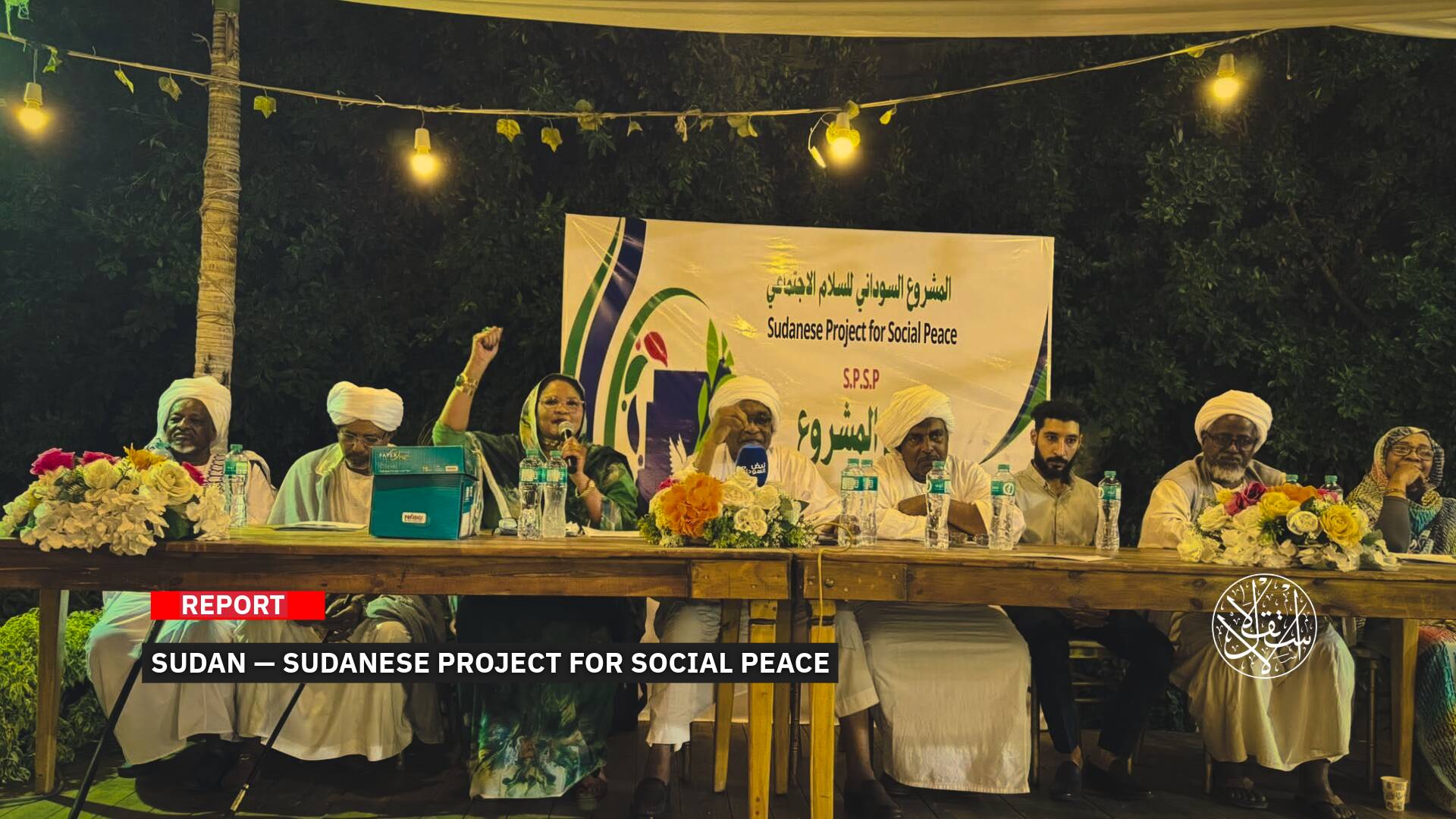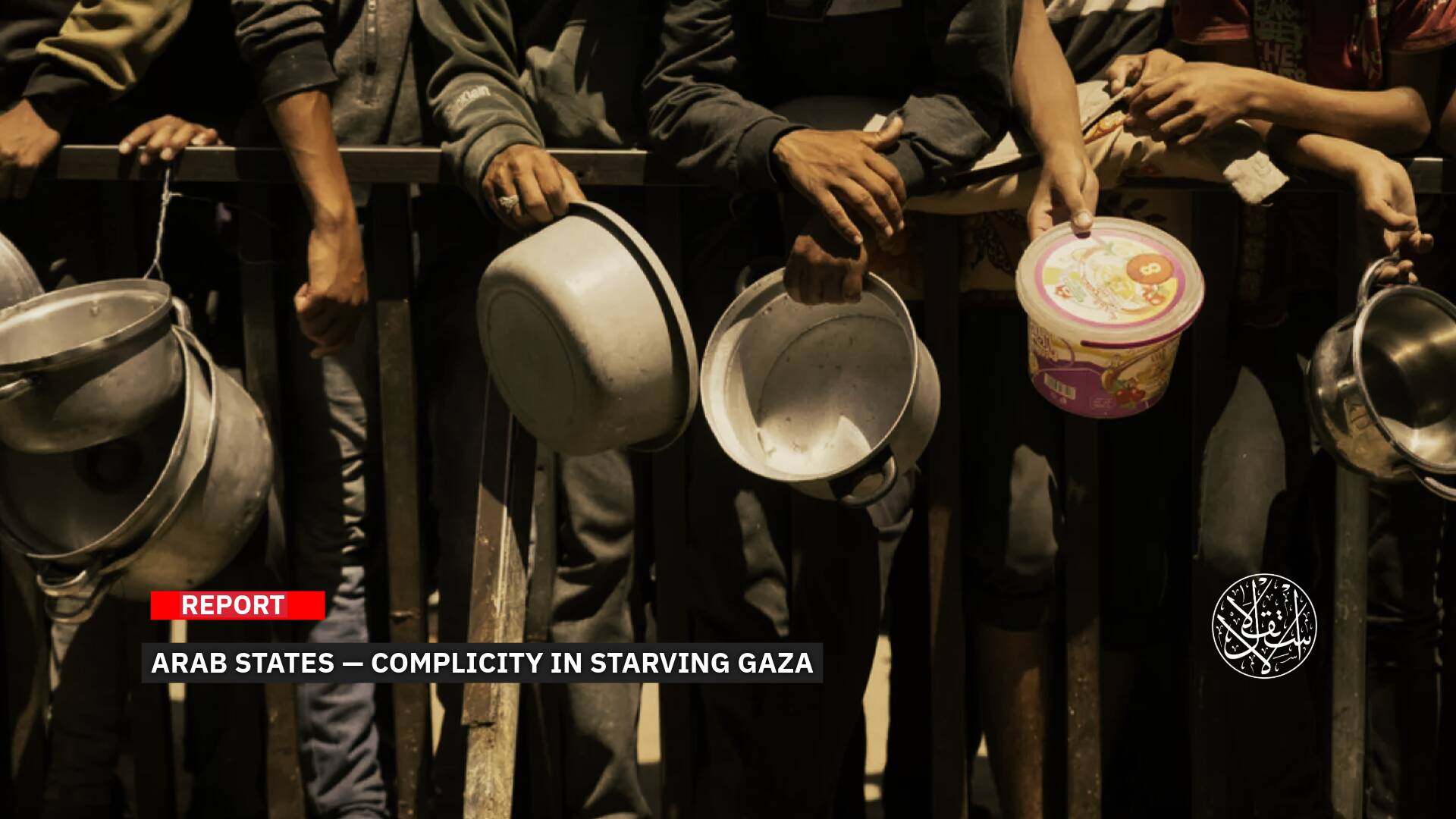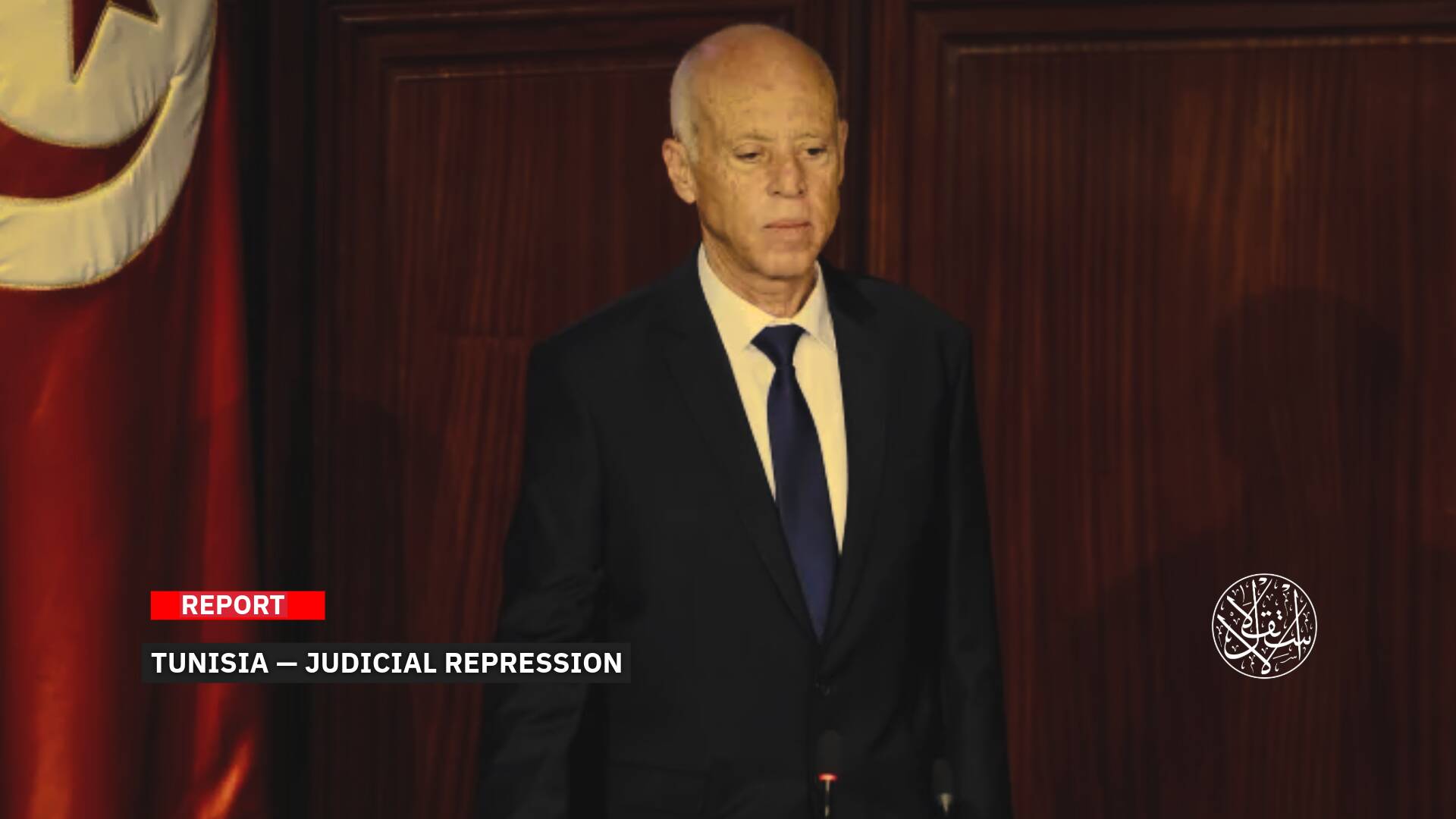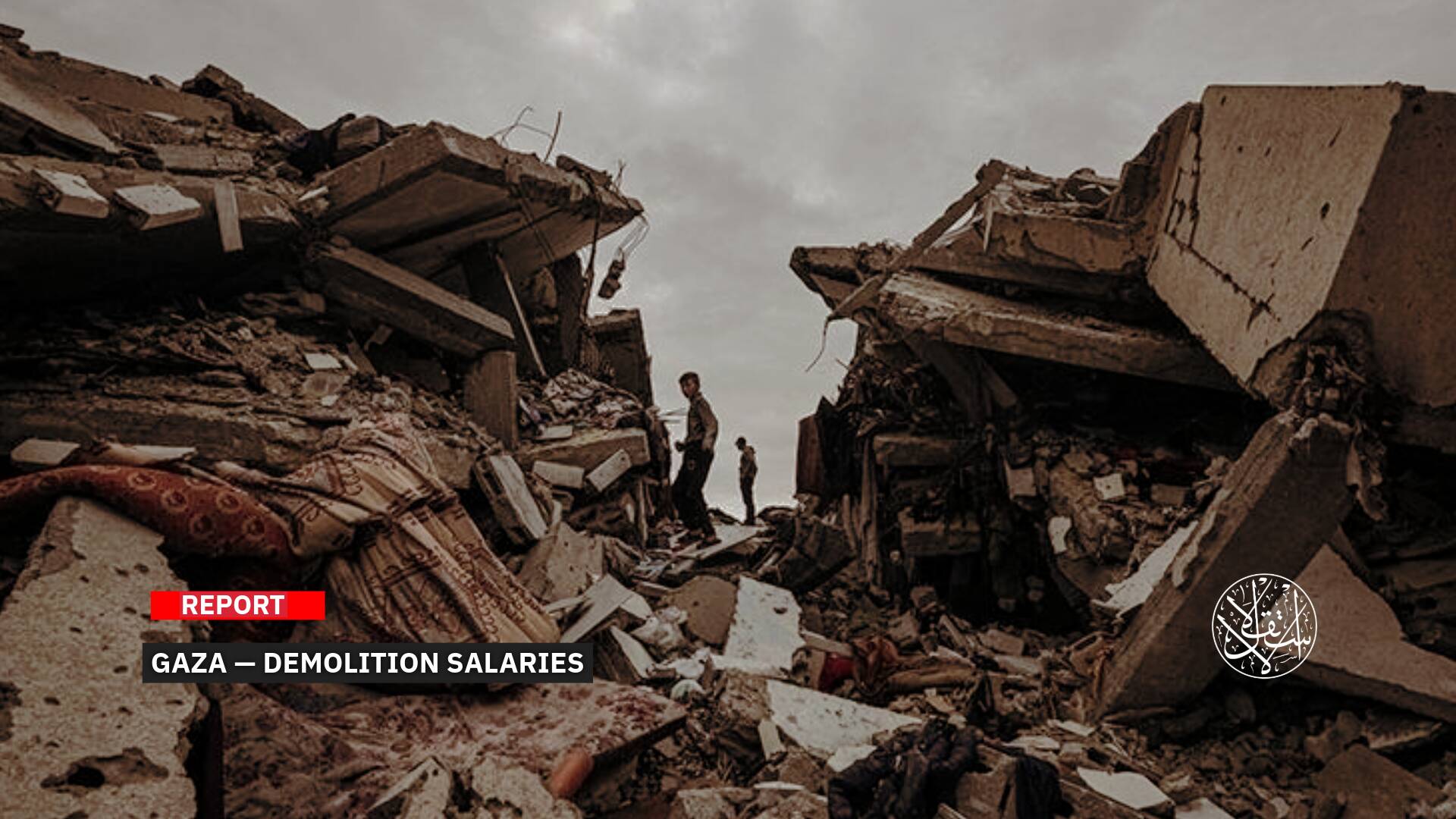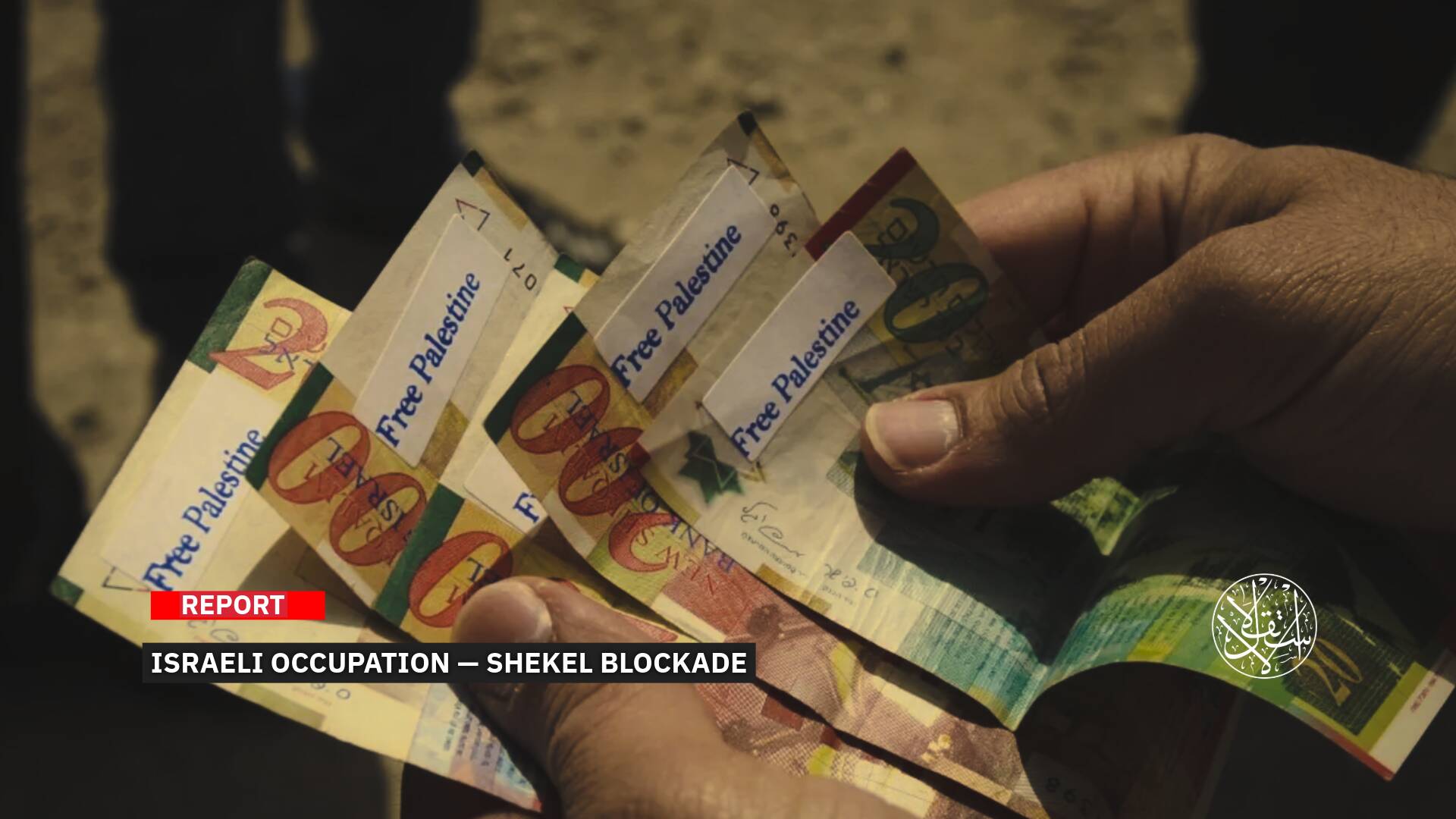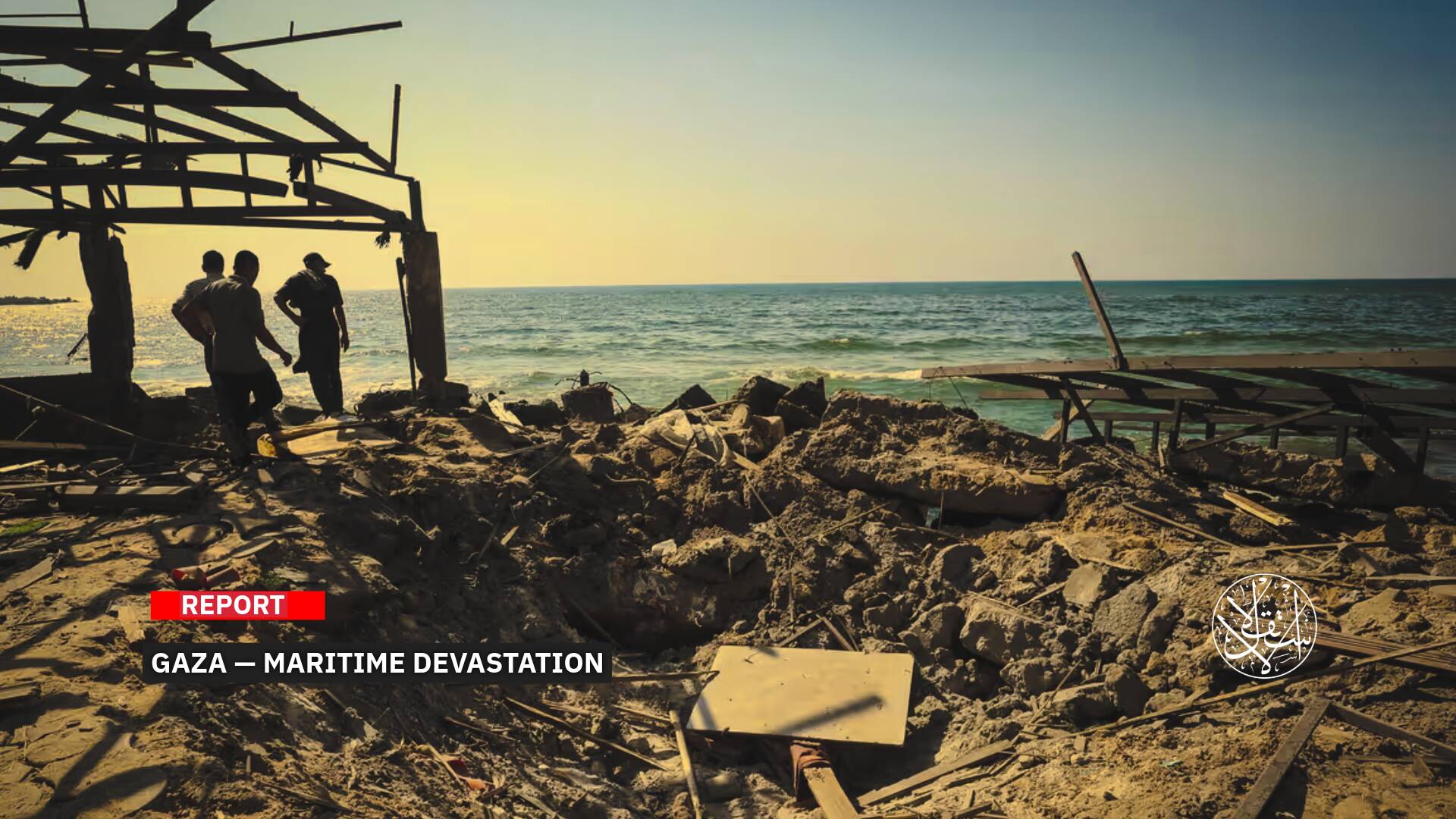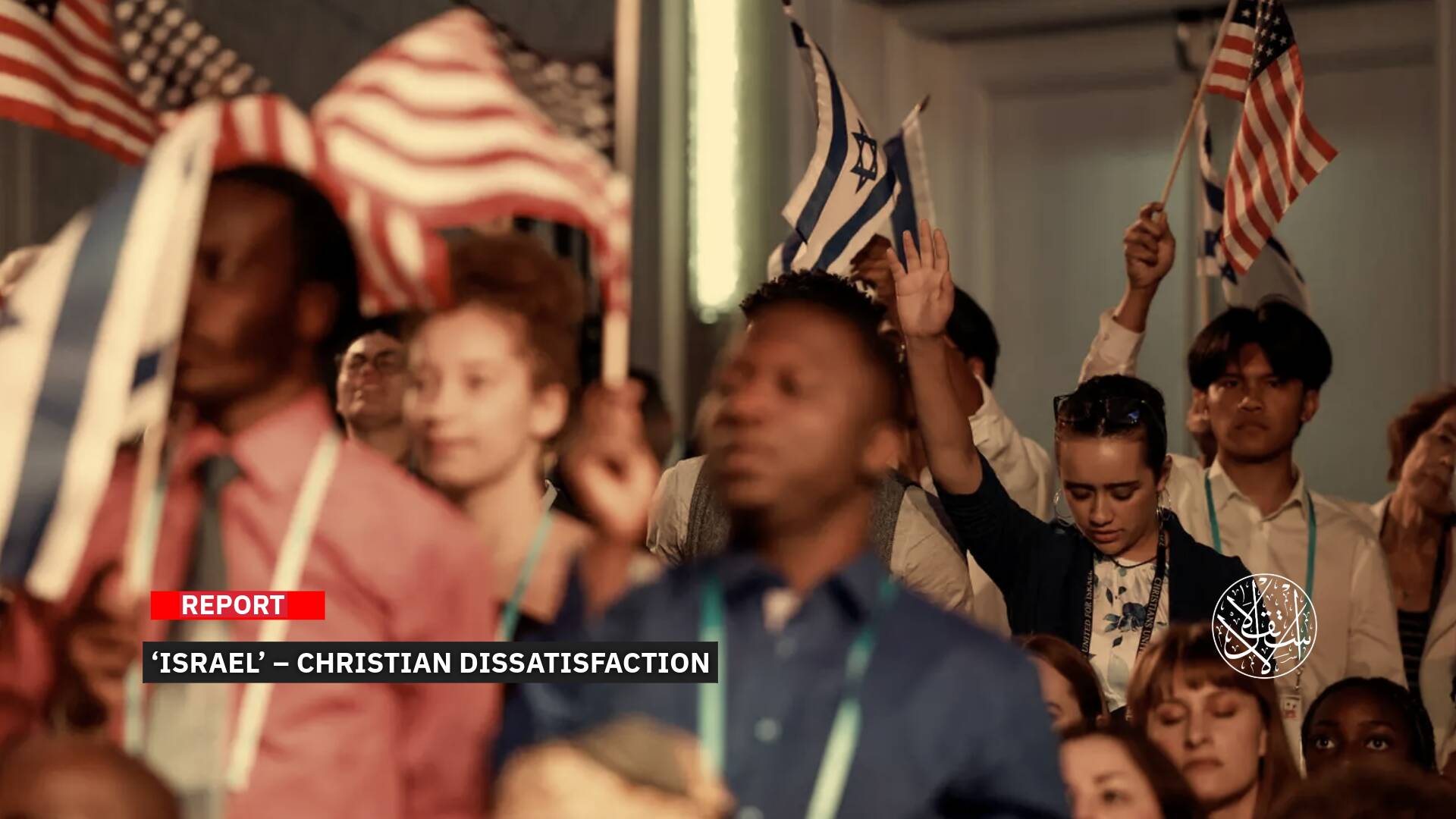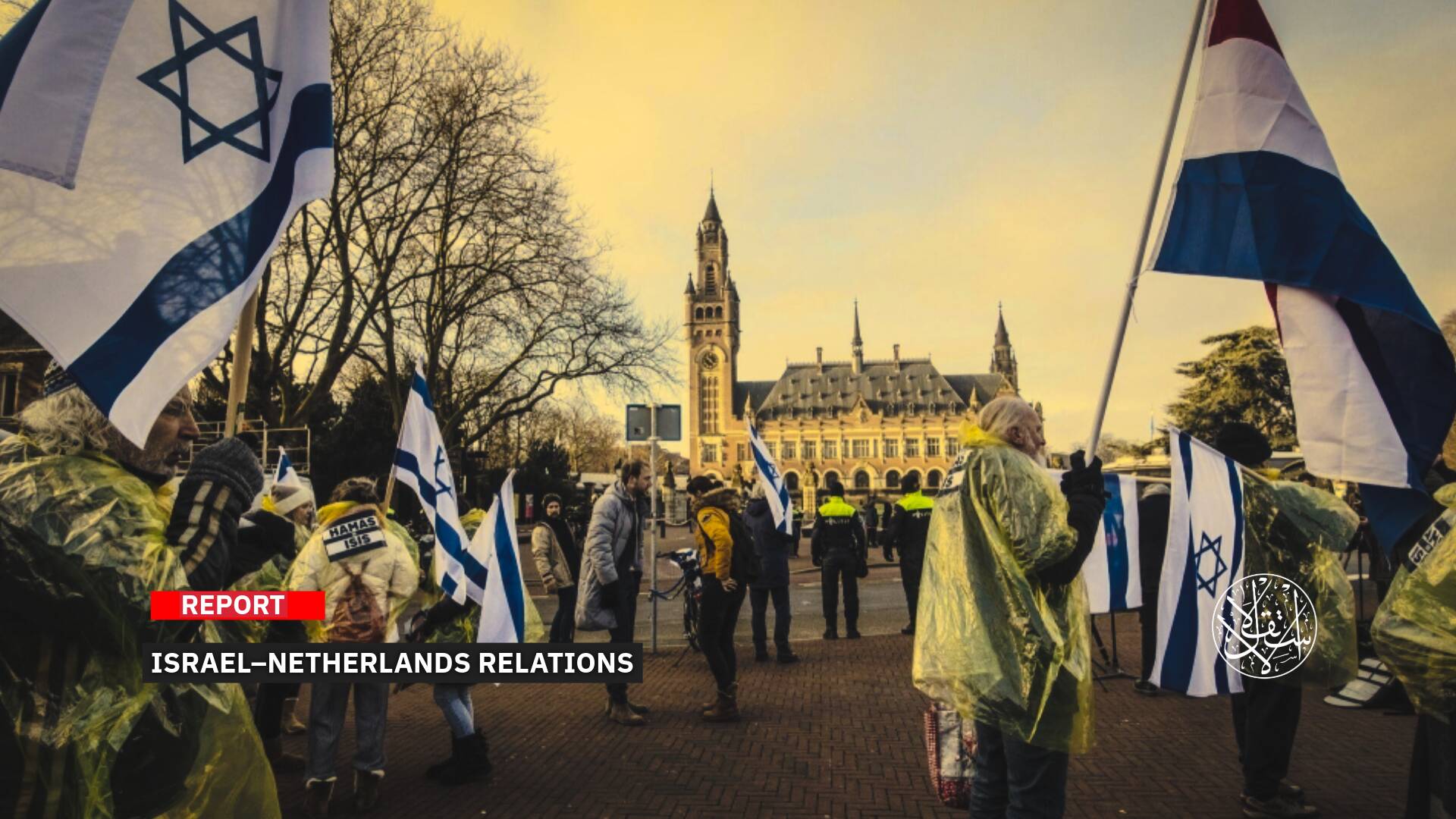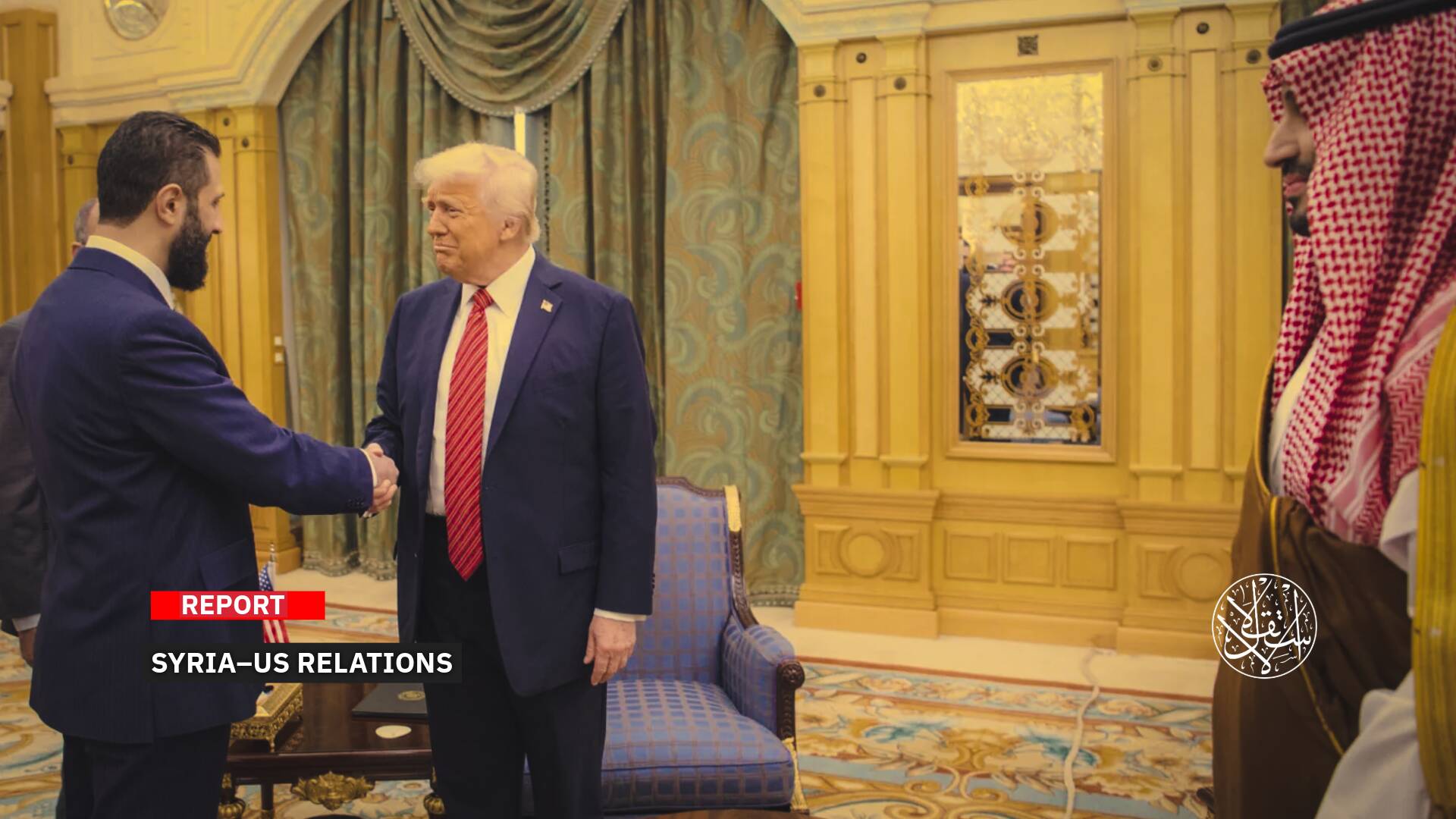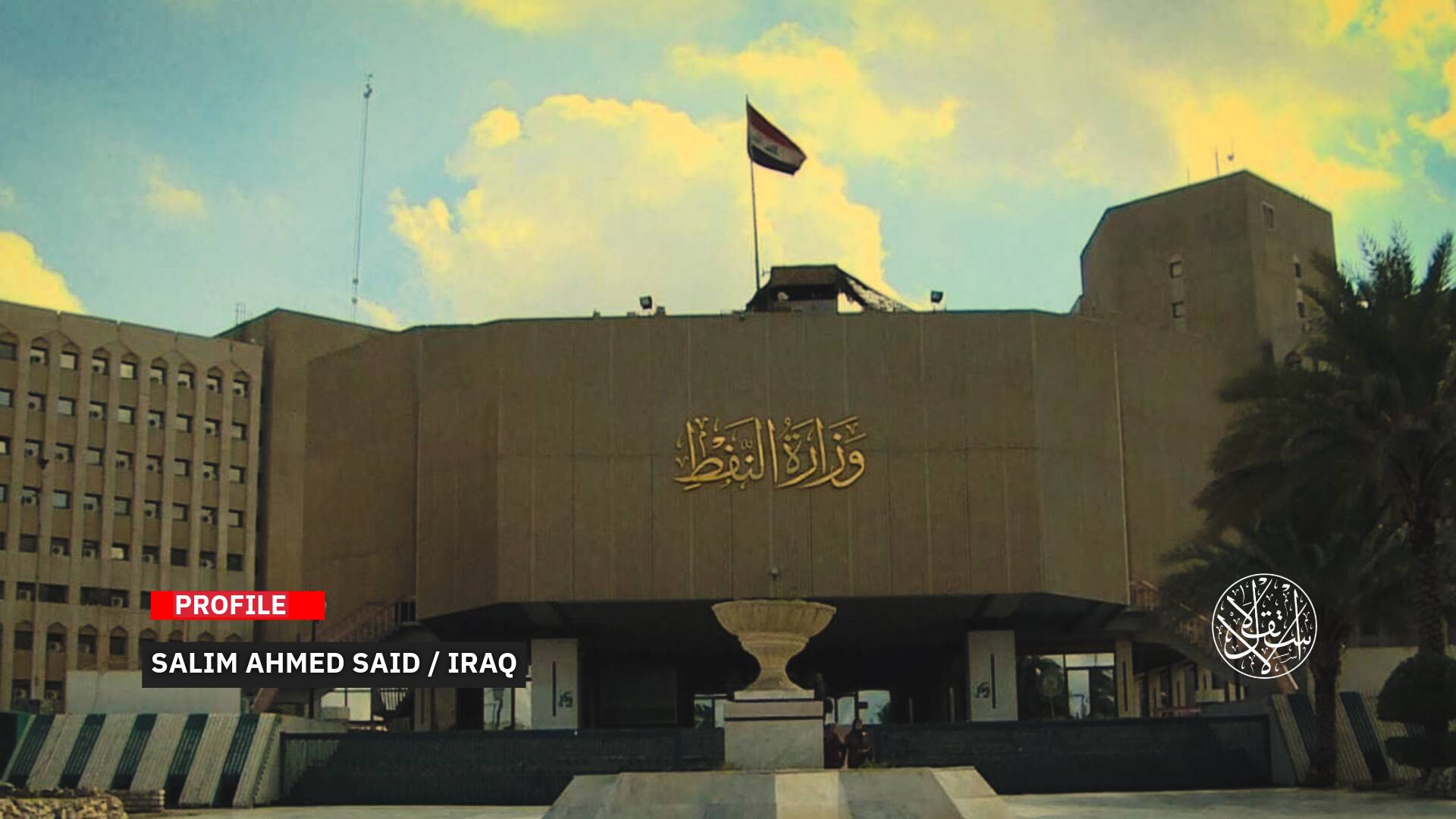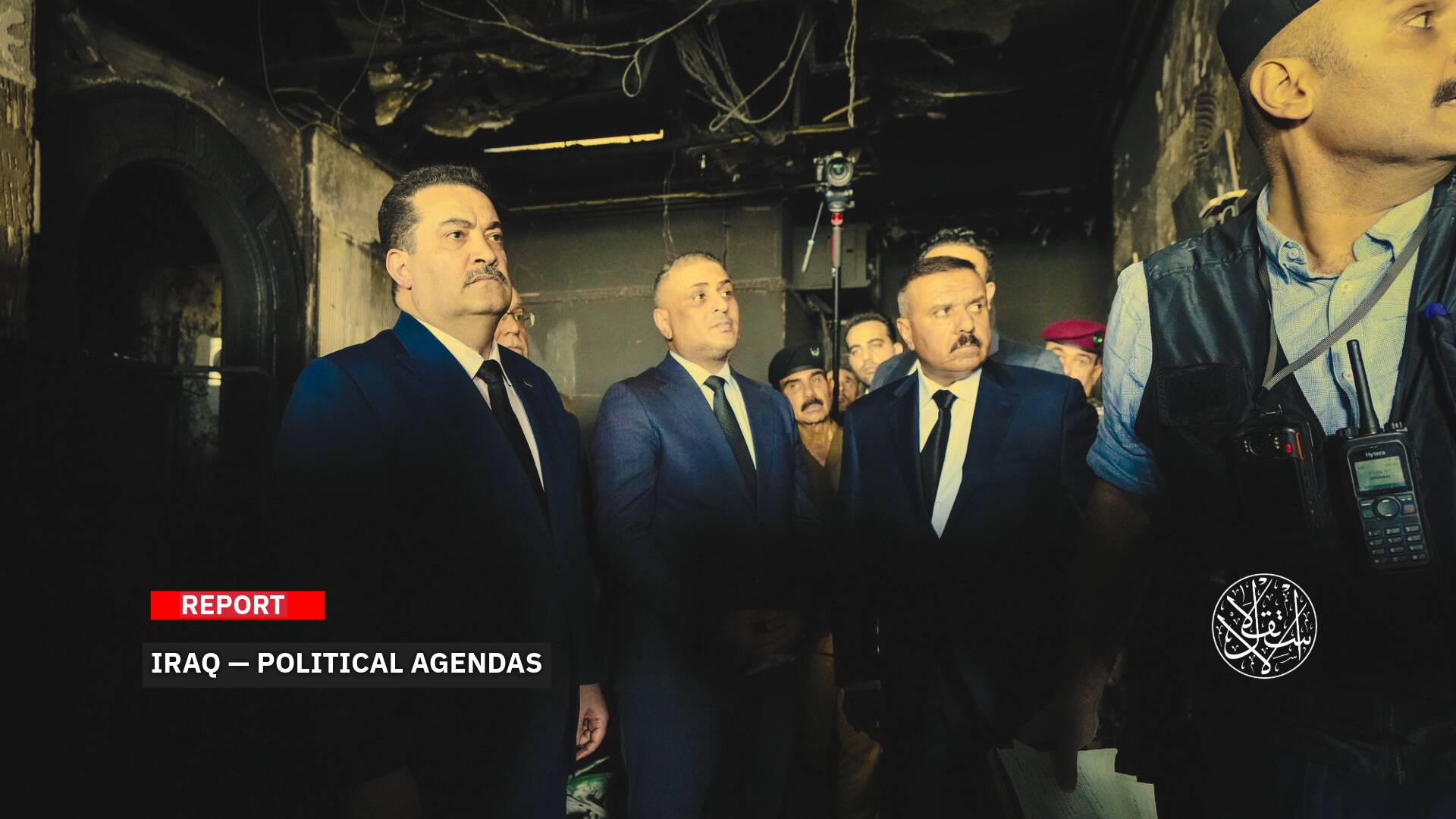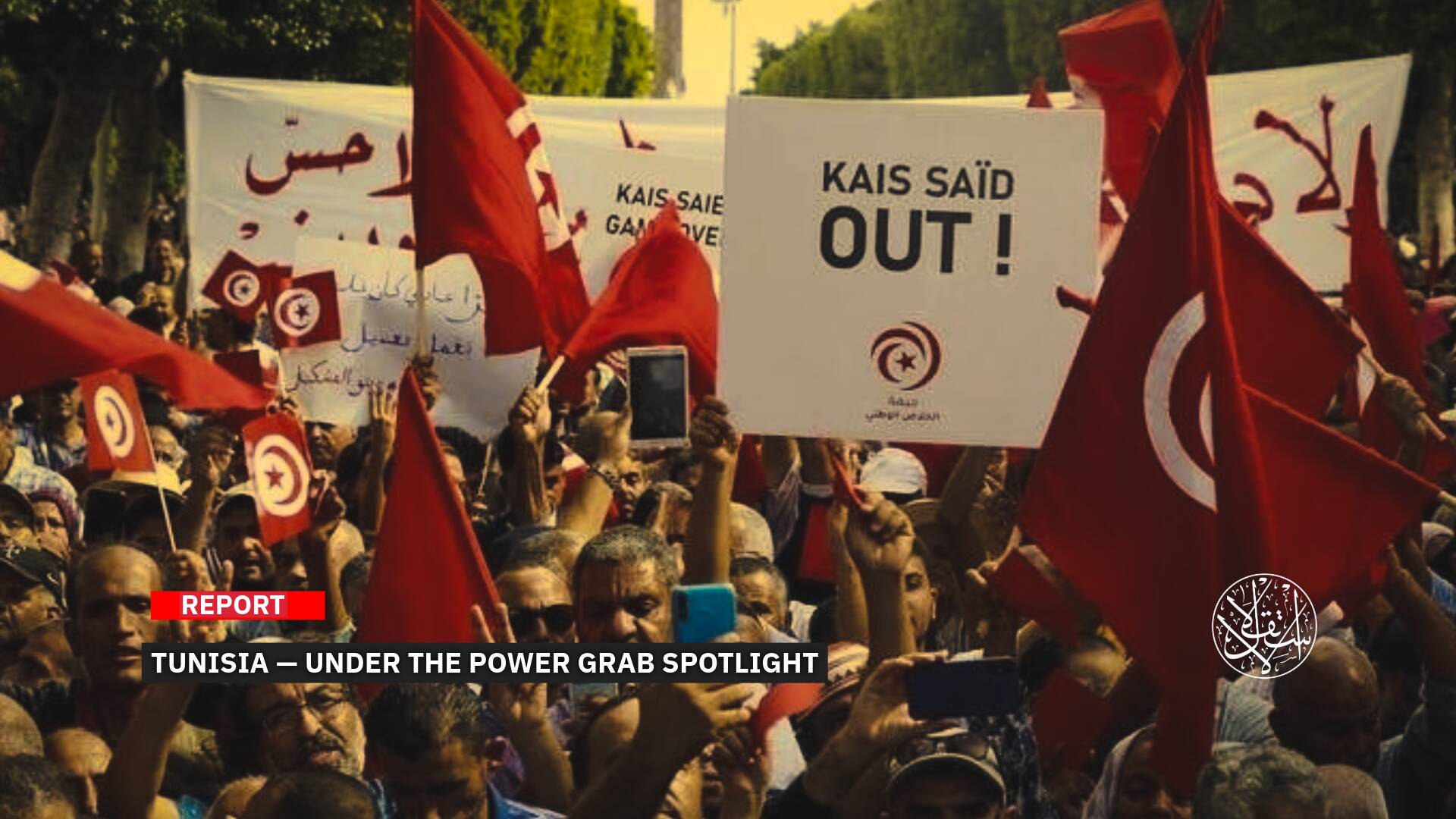‘Moroccan Women Against Normalization’ Lead the Fight

Women have a significant role in the boycott battle.
A group of Moroccan women's rights activists has launched a new civil initiative, “Moroccan Women Against Normalization,” aiming to pressure authorities to end official ties with "Israel" and shut down the Israeli liaison office in Rabat.
The initiative was announced by the Moroccan Front in Support of Palestine and Against Normalization, a civil society coalition, which appointed prominent rights activist Khadija Ryadi as its coordinator.
‘Moroccan Women Against Normalization’
In a statement issued on February 22, 2025, the Moroccan Front in Support of Palestine and Against Normalization said the creation of “Moroccan Women Against Normalization” was in line with its founding principles, which call for mobilizing various segments of society to support Palestinian rights and oppose normalization through diverse strategies and actions.
During the meeting, the front’s national secretariat discussed recent developments in the Palestinian cause, highlighting the role of Palestinian women in their people’s resilience and resistance.
The discussion also focused on the front’s responsibilities amid the growing risks of normalization in Morocco, stressing the need to strengthen its ranks and expand its efforts in exposing normalization while supporting the Palestinian struggle.
The meeting underscored the importance of women organizing their activism for Palestine and against normalization, emphasizing their crucial role in the boycott movement, raising awareness of the dangers of normalization in Morocco, and promoting solidarity and justice within their communities.
During the same meeting, a secretariat was appointed as the group’s executive body, comprising 12 members representing various organizations and networks.
The secretariat was tasked with drafting an annual action plan and an organizational framework to be presented for approval at the group’s general assembly.
The secretariat includes Khadija Ryadi as coordinator, Hasna Qotni as deputy coordinator, Rabia Bouzidi as treasurer, and Samira Bouhya as deputy treasurer. Najia Labrim was appointed as rapporteur, with Malika Moujtahid as her deputy.
Advisory members assigned to specific responsibilities include Bouchra Rouissi, Khansa Hedoui, Khadija Anani, Hakima Alaoui, Saadia Walous, and Sanaa Hadnan.
Hasna Qotni, deputy coordinator of “Moroccan Women Against Normalization,” warned that normalization in the Arab world typically begins on a political and military level before expanding into the economic and tourism sectors, ultimately seeping into culture, education, and society.
She noted that it primarily targets younger generations, whom proponents of normalization hope to influence with destructive ideas and distorted narratives.
Speaking to Al Jazeera on February 28, Qotni described educational normalization as a real war—no less significant than military conflict—stressing the crucial role of civil society in countering it.
She emphasized that the fight begins within the family unit, where women play a pivotal role in shaping awareness and resisting harmful influences.
She further highlighted that “Moroccan Women Against Normalization” could contribute to broader societal mobilization against normalization by guiding and educating mothers to raise their children with a strong commitment to justice and the Palestinian cause.
Qotni called on Moroccan women to actively engage in all women's initiatives and coalitions supporting Palestine and opposing normalization.
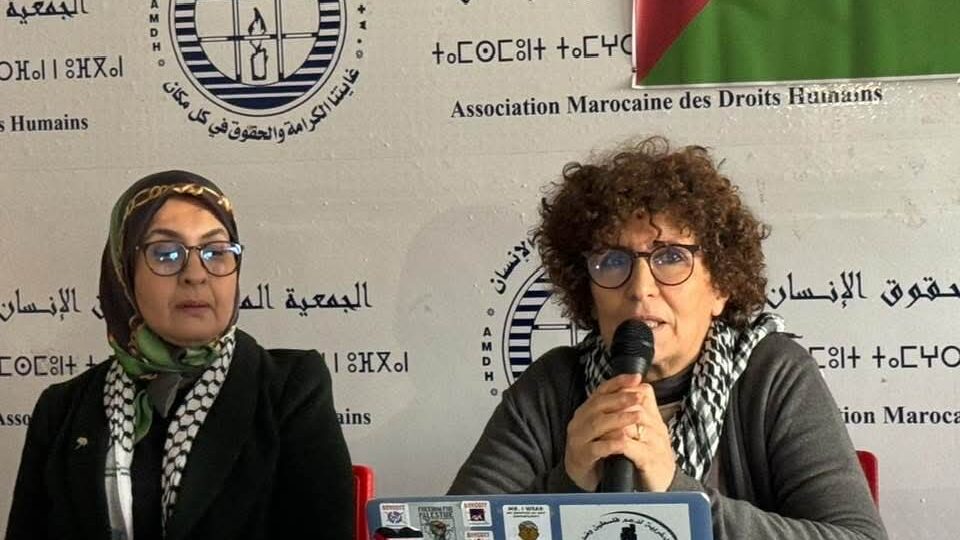
Calls to End Normalization
Official ties between Morocco and "Israel" were first established in 1994 but were frozen in 2000 following the outbreak of the Second Palestinian Intifada (Al-Aqsa Intifada).
On December 10, 2020, then-U.S. President Donald Trump announced the "resumption" of diplomatic relations between Morocco and "Israel" after a two-decade hiatus. The agreement was signed by Jared Kushner, Trump's senior advisor, Saadeddine Othmani, Morocco’s prime minister at the time, and Meir Ben-Shabbat, "Israel’s" national security advisor.
Despite domestic protests, Moroccan authorities have continued to strengthen ties with "Israel," signing a series of bilateral agreements—most notably in the security and military sectors.
Opponents of normalization in Morocco are demanding the cancellation of all agreements with "Israel," condemning military deals that, they argue, compromise the country’s sovereignty and pose a threat to national security. They warn that expanding normalization into military and security cooperation marks a dangerous precedent and an ill-considered step with serious consequences.
Several human rights and political organizations in Morocco continue to campaign against normalization, which remains widely rejected by the Moroccan public—evidenced by mass protests and public opinion polls.
Since October 2023, protests have persisted across Moroccan cities, condemning "Israel’s" war on Gaza, while the government’s stance remains ambiguous.
The newly launched initiative, “Moroccan Women Against Normalization,” joins other organizations actively opposing normalization, including the Moroccan Front in Support of Palestine and Against Normalization, established in March 2021 with backing from 15 political, human rights, civil society, and trade union groups.
Another key player is the Moroccan Observatory Against Normalization, founded on January 5, 2013, by activists from diverse political, human rights, artistic, and trade union backgrounds. The observatory monitors and documents instances of normalization in Morocco.
"A new mission for Moroccan rights icon Khadija Ryadi as she leads the coordination of this new platform, Moroccan Women Against Normalization. Meanwhile, Dr. Hasna Qotni has been appointed as deputy coordinator,” Human rights activist Aziz Ghali noted.
"I wish all the success to this new platform," Ghali added in a post on Facebook.

Women's Impact
Khadija Ryadi, coordinator of “Moroccan Women Against Normalization,” explained that the initiative was launched in response to the increasing Israeli influence in Morocco and the expansion of the normalization agenda by the government.
In a press statement on February 23, Ryadi emphasized the crucial role women have played in the struggle for key issues throughout history, across various geographies and cultures.
Khadija Ryadi emphasized that women play a vital role in the boycott movement (of Israeli products) due to their responsibility in managing household consumption.
Ryadi told Al Jazeera on February 28 that it is the duty of Arab peoples to continue protesting in the streets and opposing normalization in countries that have normalized relations with Israel, while also maintaining a strong boycott.
She outlined another key goal of the group, which is raising awareness about the importance of continuous participation in protests.
"When women take to the streets to protest, they bring their entire families with them; this is because women have a significant mobilizing role within the family," Ryadi added.
Hasna Qotni, the group's deputy coordinator, stated that Moroccan women have long played an active role in supporting Palestine and opposing normalization.
She noted their persistent presence in demonstrations and marches across nearly every Moroccan city, and emphasized that this needed to be institutionalized and organized, leading to the official launch of the initiative.
"This new initiative will certainly enhance the work and support of the Moroccan Front in Support of Palestine and Against Normalization," Qotni said in a press statement.
She also pointed out that “Moroccan Women Against Normalization” could play a significant role in Morocco’s societal movement against normalization by educating mothers on raising their children with a focus on justice, particularly Palestinian rights.
"We will remain steadfast, supporting the Palestinian cause with all the strength we have," Bouchra Rouissi, a member of the group, stated.
She further remarked that the initiative represents a valuable addition to the work of the front, particularly in terms of the women’s contribution to supporting the Palestinian cause in all its aspects.


